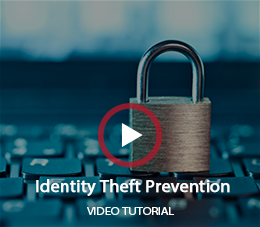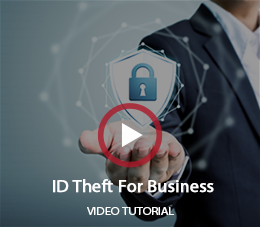You are leaving our website. We are not endorsing or guaranteeing the products, information or recommendations provided by the organizations linked to our website. We are not liable for any failure of products or services advertised on those sites. We are not responsible for the validity, collection, use or security of information by organizations that may be linked to our website. We encourage you to read the privacy policies of websites reached through the use of links from our website.
You are leaving our website. We are not endorsing or guaranteeing the products, information or recommendations provided by the organizations linked to our website. We are not liable for any failure of products or services advertised on those sites. We are not responsible for the validity, collection, use or security of information by organizations that may be linked to our website. We encourage you to read the privacy policies of websites reached through the use of links from our website. Email is not a secure method of data transfer. Personal and confidential information should not be sent via email. Please contact Liberty National Bank if you need to provide confidential information.
You are leaving our website. We are not endorsing or guaranteeing the products, information or recommendations provided by the organizations linked to our website. We are not liable for any failure of products or services advertised on those sites. We are not responsible for the validity, collection, use or security of information by organizations that may be linked to our website. We encourage you to read the privacy policies of websites reached through the use of links from our website.
Liberty National Bank uses translation software powered by Google Translate. Reasonable efforts have been made to provide an accurate translation; however, no automated translation is perfect nor is it intended to replace human translators. Translations are provided as a service to users of the site and are provided “as is”. Liberty National Bank cannot guarantee the accuracy, reliability, or correctness of any translations made from English into any other language. Some content (such as images, forms, etc.) may not be accurately translated due to the limitations of the translation software.
The official text is the English version of the website. Any discrepancies or differences create in the translation are not binding and have no legal effect for compliance or enforcement purposes. If any questions arise related to the accuracy of the information contained in the translated website, refer to the English version of the website.
Google disclaims all warranties related to the translations, express, or implied, including any warranties of accuracy, liability, and any implied warranties of merchantability, fitness for a particular purpose and noninfringement.


